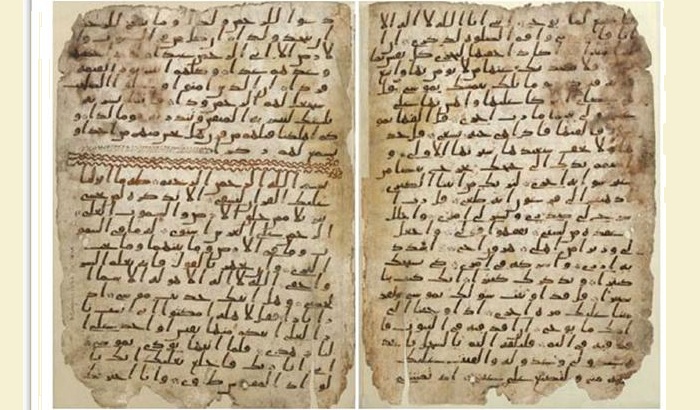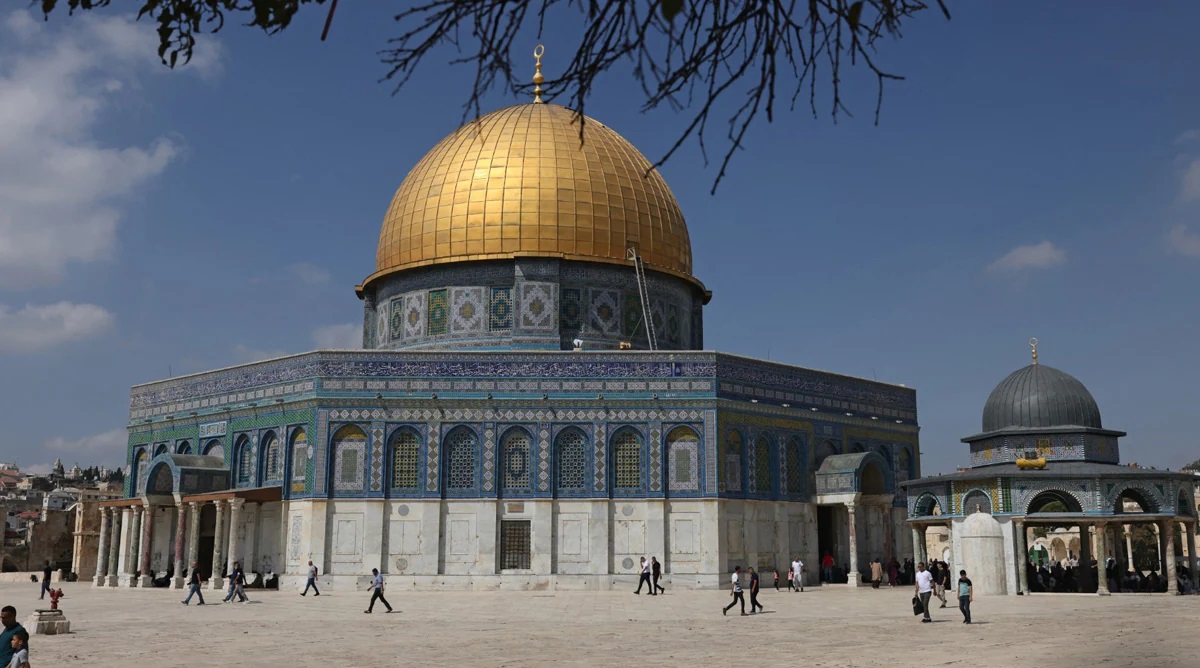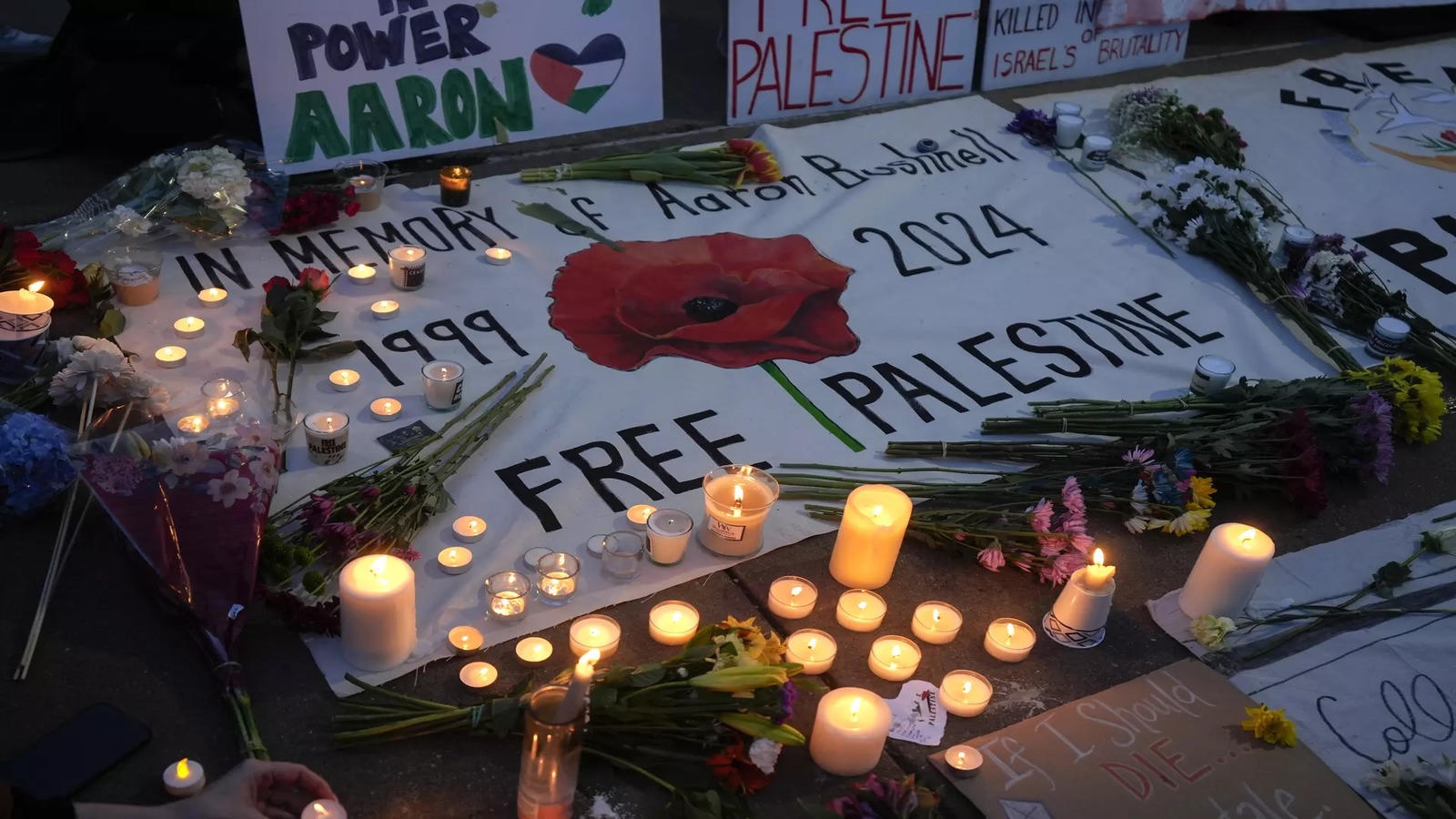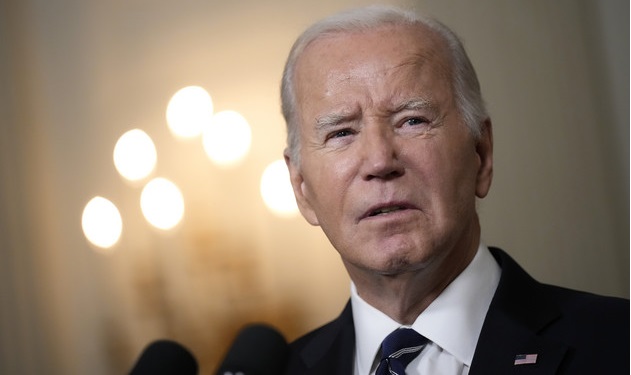The world's oldest fragments of the Holy Quran, the central religious text of Islam, have been discovered by the University of Birmingham in the United Kingdom (UK).
Radiocarbon date mentioned in the parts of the manuscript shows that they are nearly 1,370-years old and are among the earliest in existence, a BBC report said.
The pages of the Muslim holy text, a revelation from Almighty Allah to Prophet Mohammad (SM) had remained unrecognised at the university library for almost a century, the report said.
Quoting British Library expert Dr Muhammad Isa Waley, the BBC report said this is an ‘exciting discovery’ which will make the Muslims across the world ‘rejoice.’
The manuscript had been kept with a collection of other Middle Eastern books and documents, without being identified as one of the oldest fragments of the Holy Quran.
As PhD researcher Alba Fedeli wanted to know more about the manuscript, the university carried out a radiocarbon dating test and the results were ‘startling’, the report said.
Susan Worrall, director (special collections) of the university, said researchers had not expected ‘in our wildest dreams’ that it would be so old.
Conducted by Oxford University Radiocarbon Accelerator Unit, the test shows that the fragments written on sheep or goat skin were among the very oldest surviving texts of the Quran.
The test shows 95 percent probability of the parchment being written between 568 and 645.
David Thomas, the university’s professor of Christianity and Islam, said the manuscript could well take the investigators back to within a few years of the actual founding of Islam.
According to Muslim belief, Prophet Muhammad (SM) received the revelations which formed the Holy Quran between 610 and 632, the year of his death.
Prof Thomas says the dating of the Birmingham folios suggest that it was quite possible that the person who had written them would have been alive at the time of the Prophet Muhammad (SM).
"The person who wrote it could well have known Prophet Muhammad. He would have seen him probably. He would maybe have heard him preach. He may have known him personally and that really is quite a thought to conjure with," he says.
Prof Thomas says some of the passages of the Quran were written down on parchment, stone, palm leaves and shoulder blades of camels - and a final version, collected in book form, was completed in around 650.
The parts of the Quran that are written on this parchment can, with a degree of confidence, be dated to less than two decades after Muhammad's death, he said.
"These portions must have been in a form that is very close to the form of the Quran read today, supporting the view that the text has undergone little or no alteration and that it can be dated to a point very close to the time it was believed to be revealed."
According to the BBC report, the manuscript, written in ‘Hijazi script’, an early form of written Arabic, becomes one of the oldest fragments of the Holy Quran.
Dr Waley, a curator for such manuscripts at the British Library, said, "These two folios, in a beautiful and surprisingly legible Hijazi hand, almost certainly date from the time of the first three caliphs."
The first three caliphs were leaders in the Muslim community between about 632 and 656.
Under the third caliph, Uthman ibn Affan, copies of the "definitive edition" were distributed, he said.
"The Muslim community was not wealthy enough to stockpile animal skins for decades, and to produce a complete Mushaf, or copy, of the Holy Quran required a great many of them."
He suggests that the manuscript found by Birmingham is a ‘precious survivor’ of a copy from that era or could be even earlier.
"In any case, this - along with the sheer beauty of the content and the surprisingly clear Hijazi script - is news to rejoice Muslim hearts," said Dr Waley.
The manuscript is part of the Mingana Collection of more than 3,000 Middle Eastern documents gathered in the 1920s by Alphonse Mingana, a Chaldean priest born near Mosul in modern-day Iraq.















